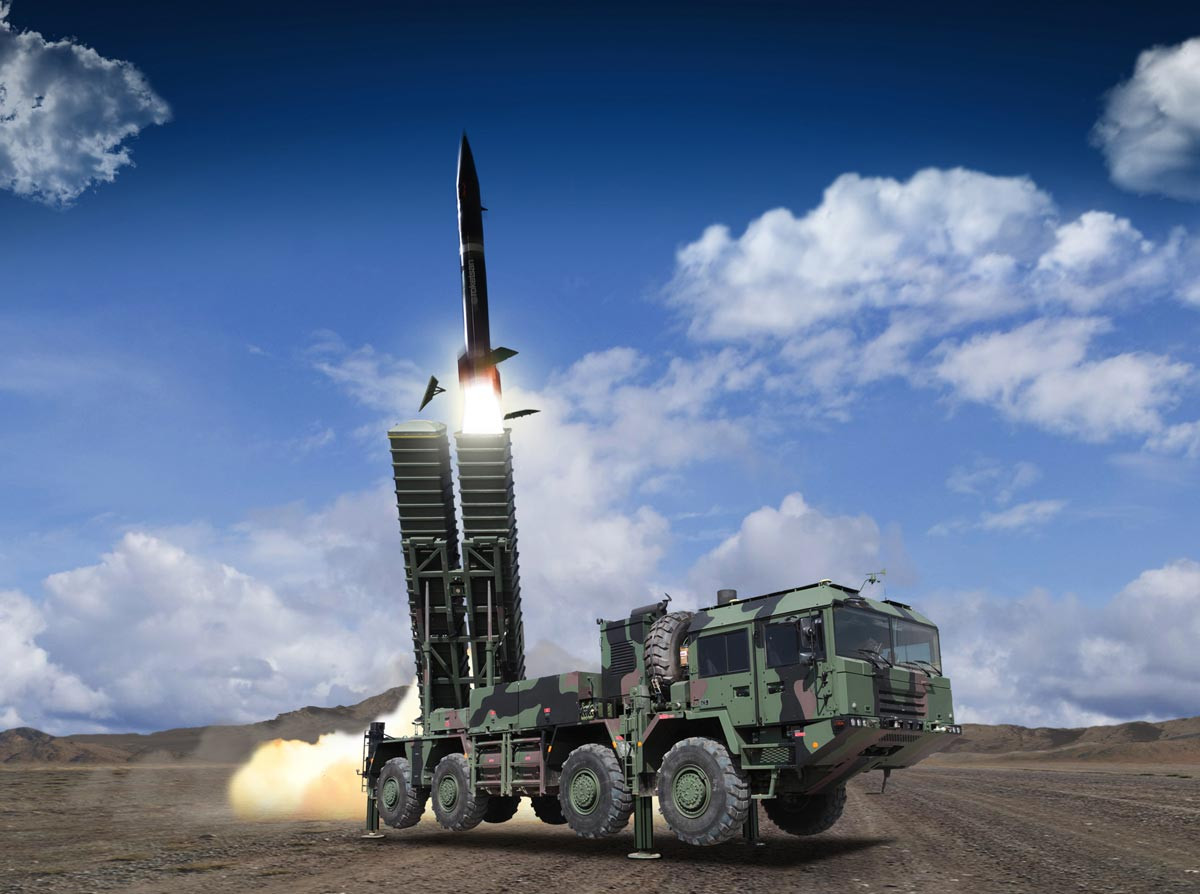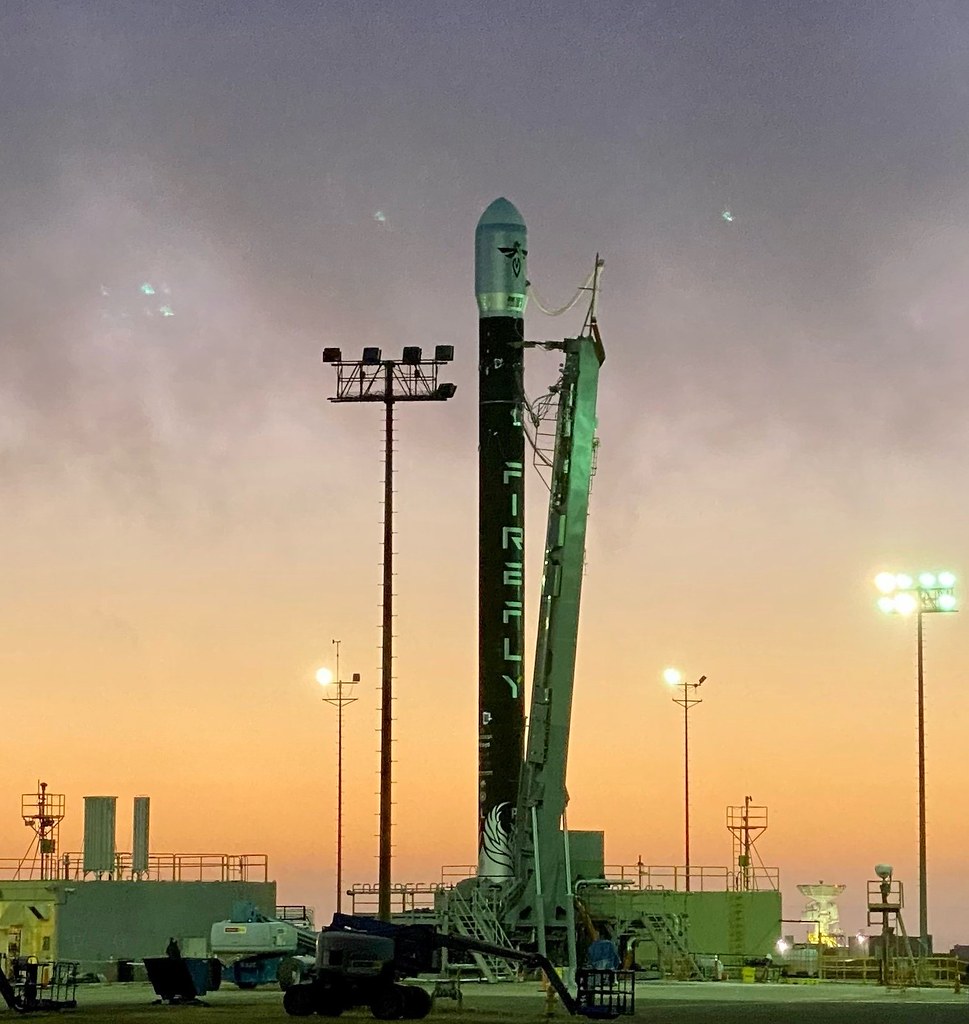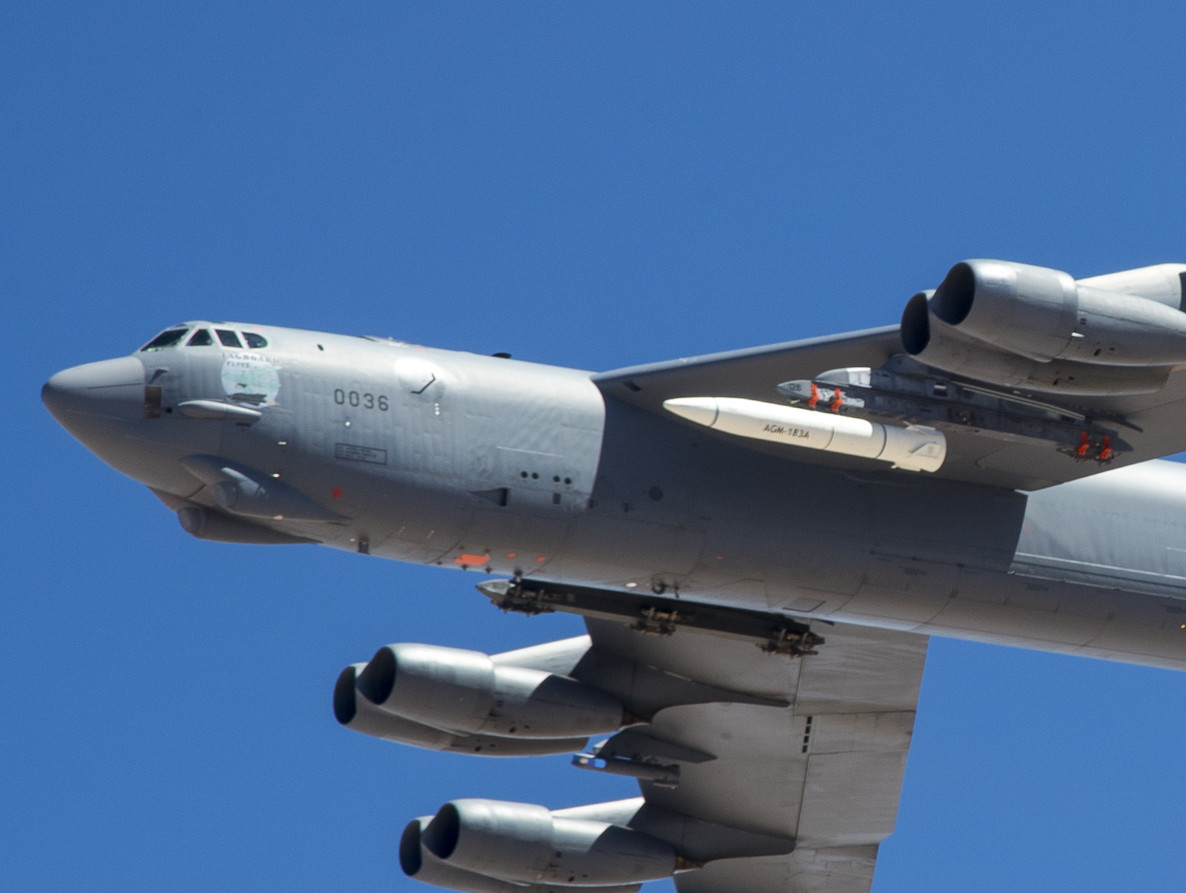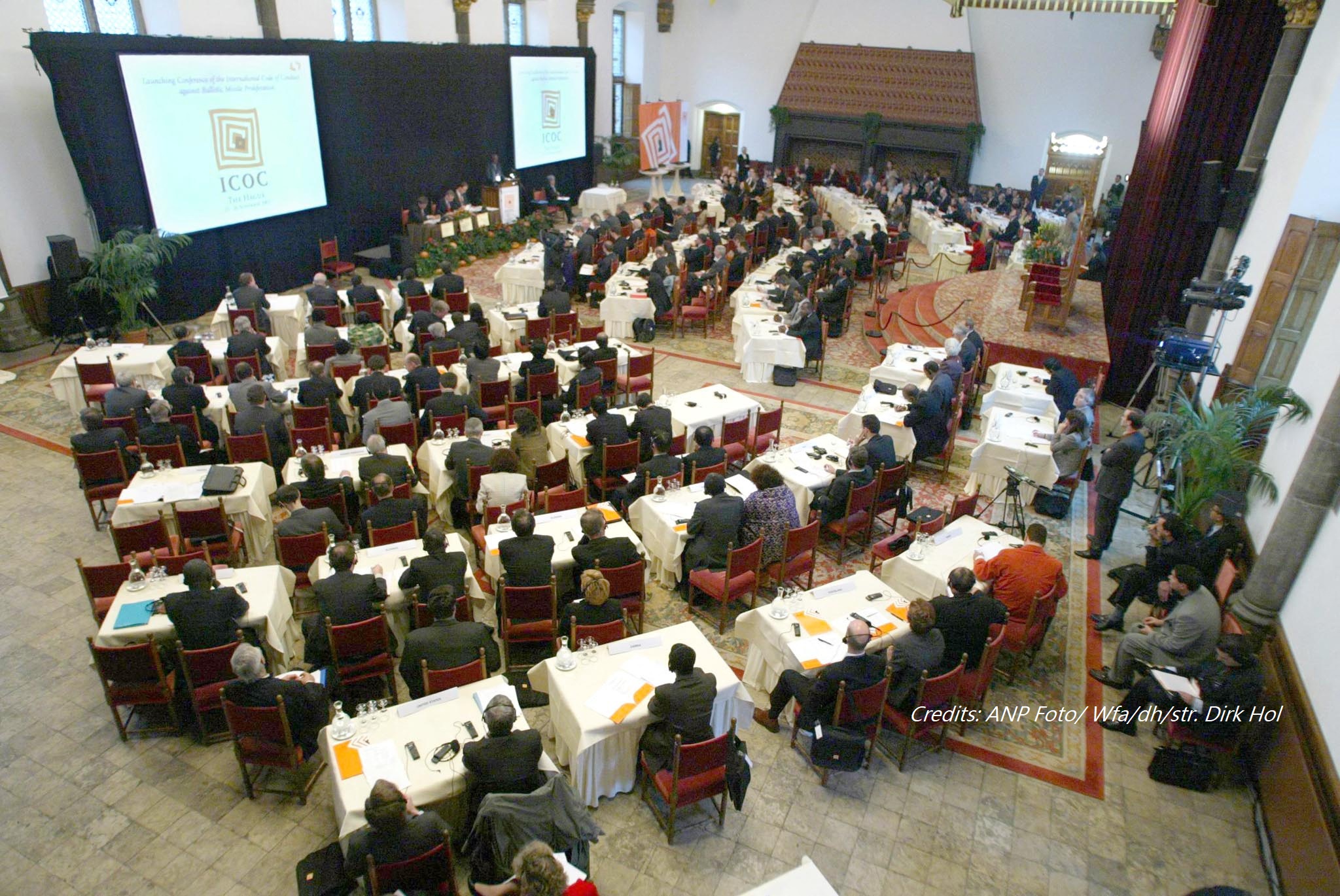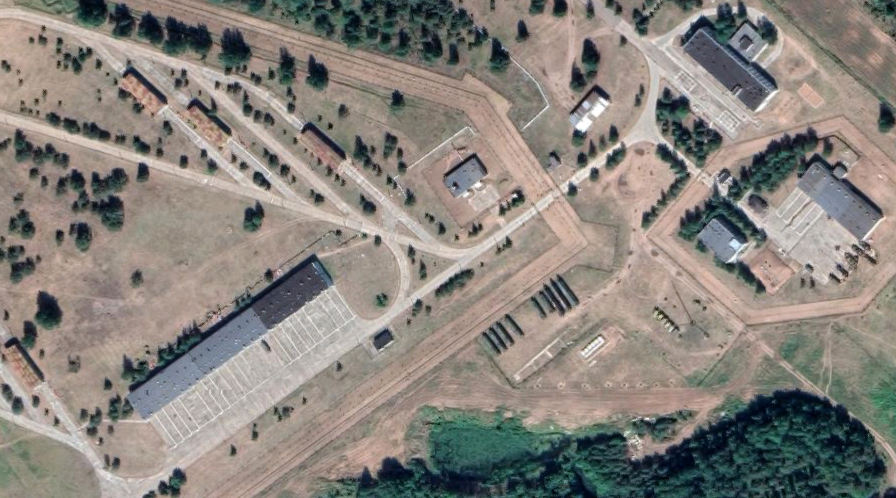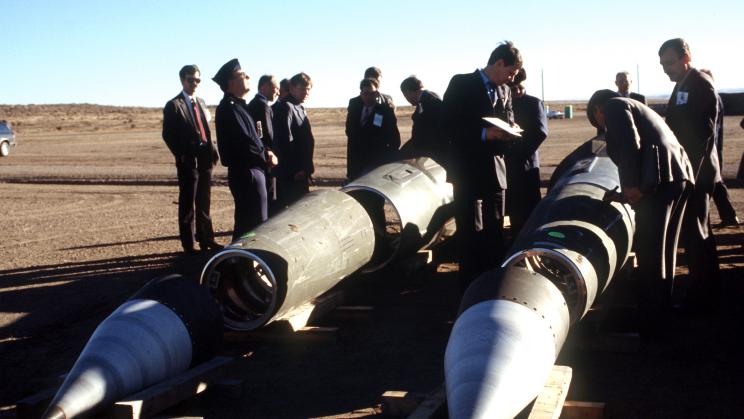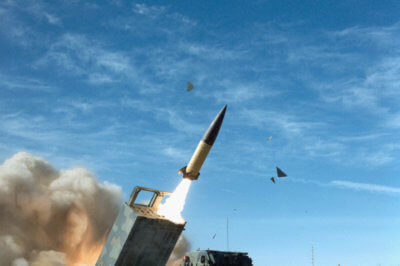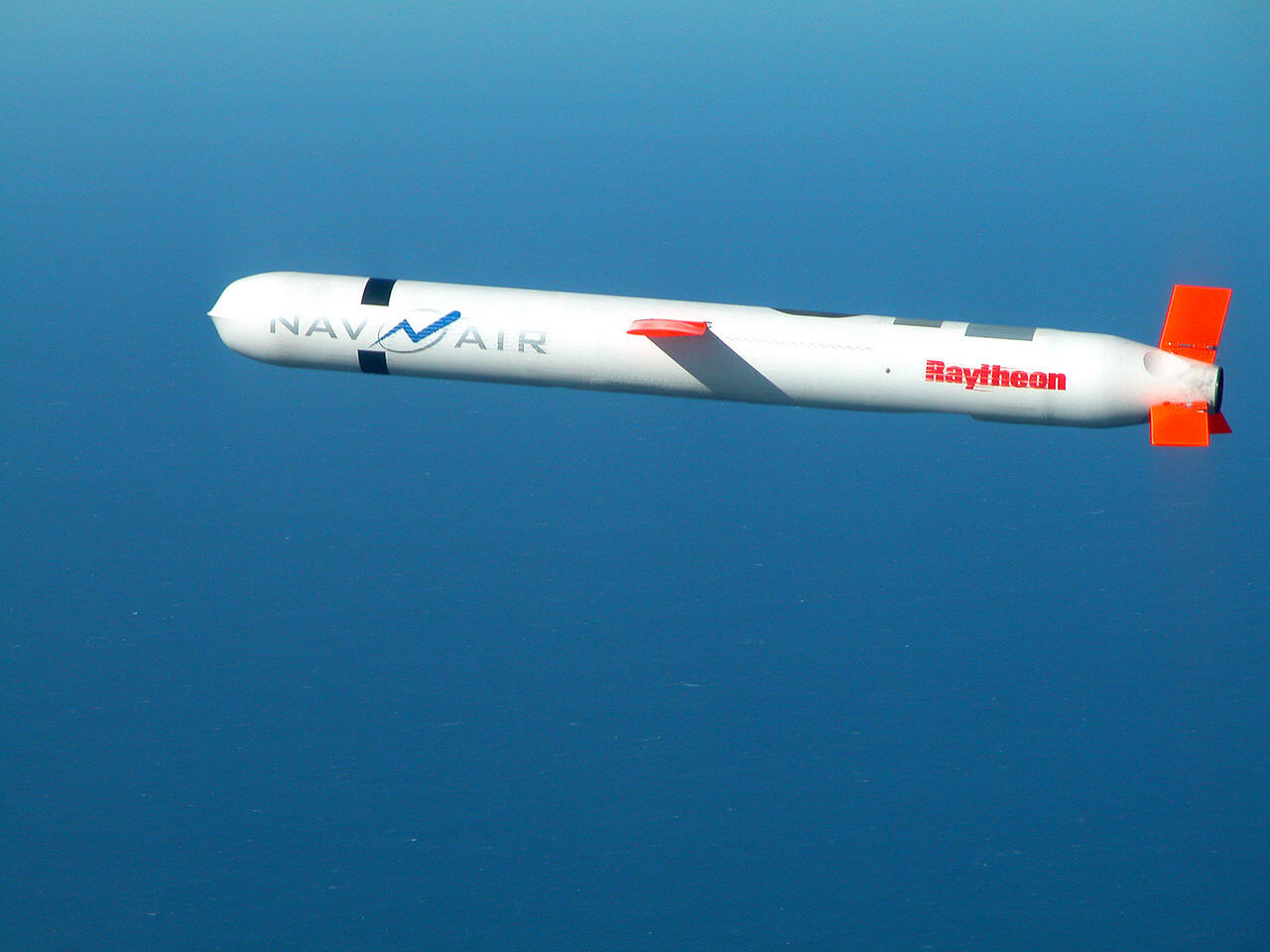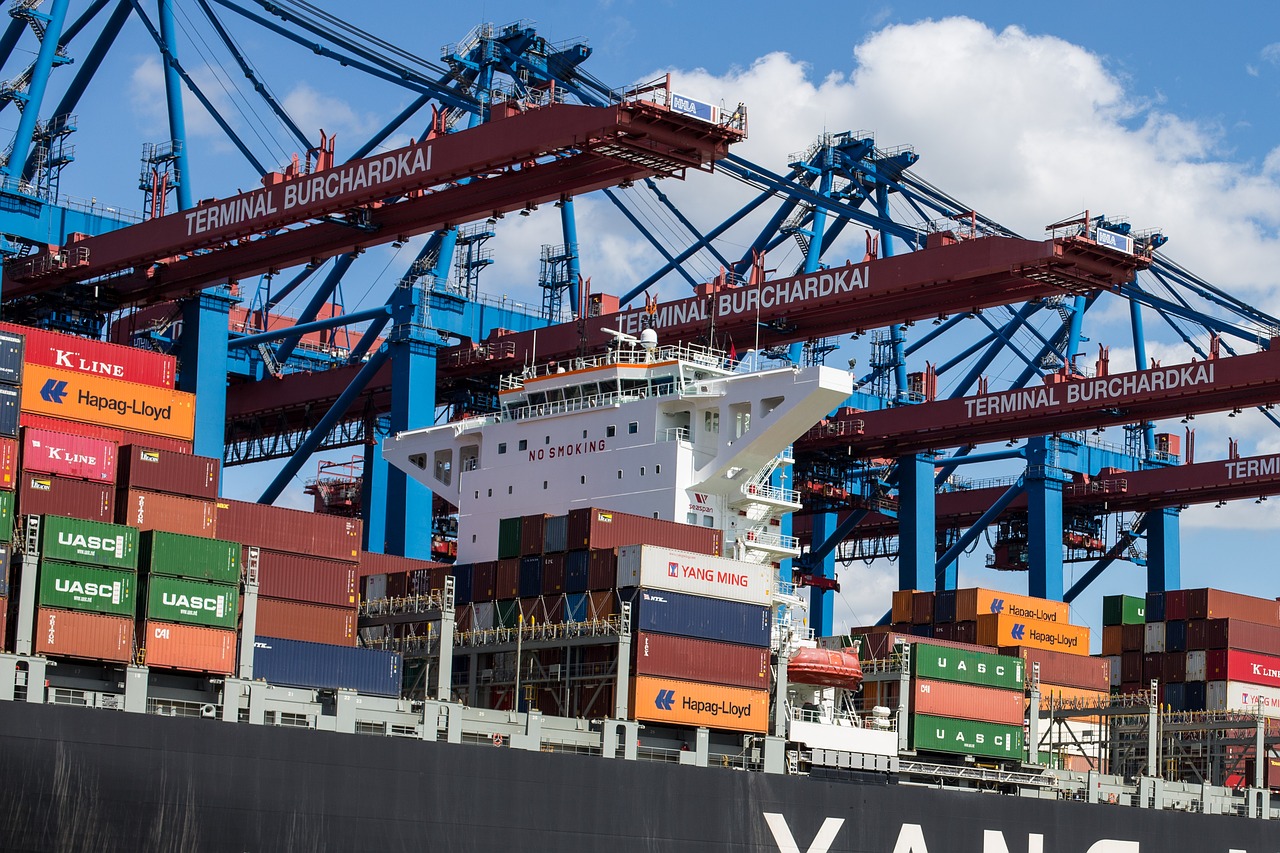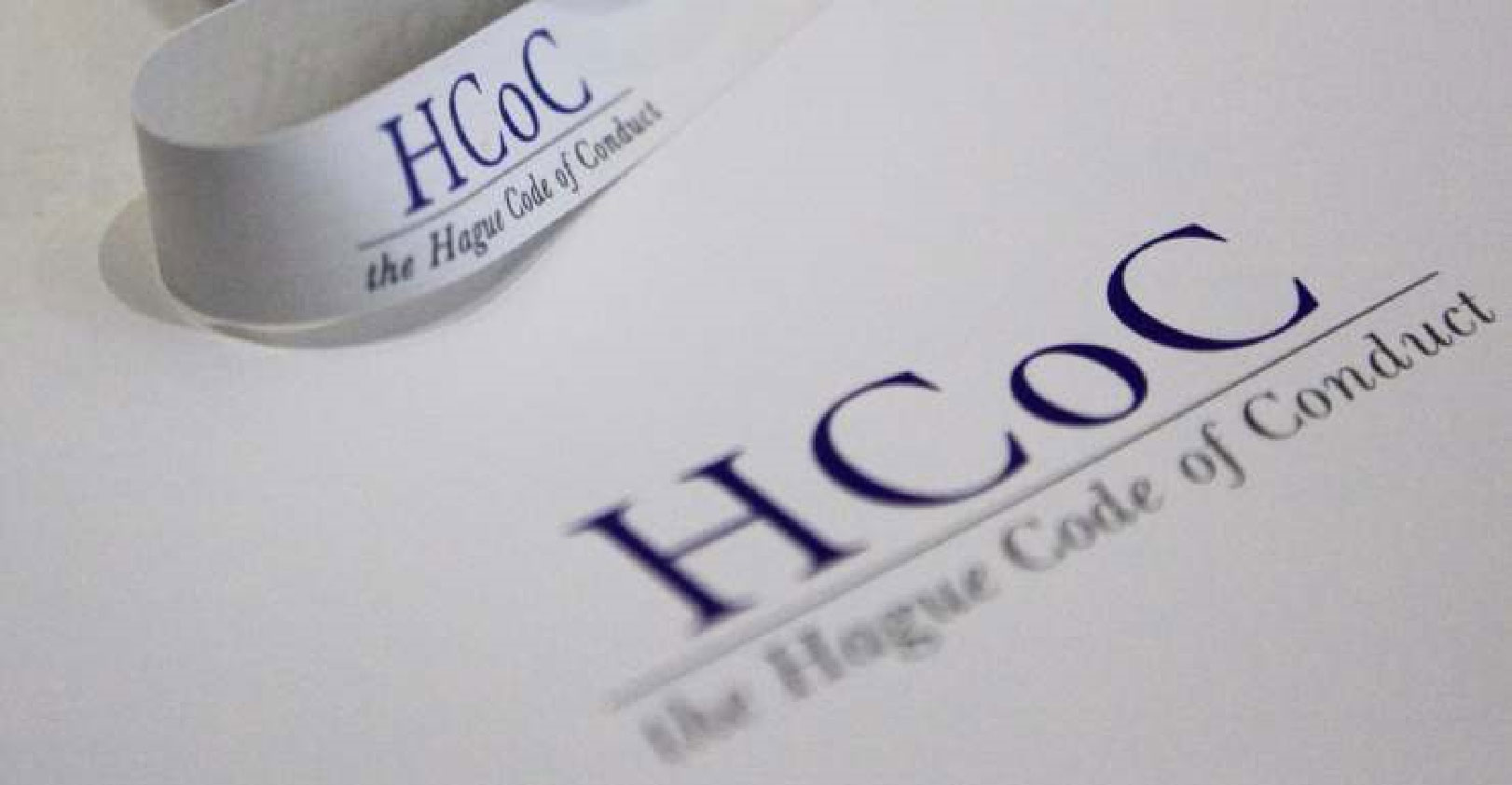The Shield and the Sword: The Impact of Ballistic Missile Defence on Missile Proliferation
Missile defence has become increasingly attractive in recent years, following the demonstration of its efficacity in the Israeli-Iranian conflict, and has epitomised by the ambitious Golden Dome programme. However, its relationship with missile proliferation is ambiguous. Arms control, non-proliferation and confidence building measures can to some extent address some of the most destabilizing features of this offense-defence competition.

